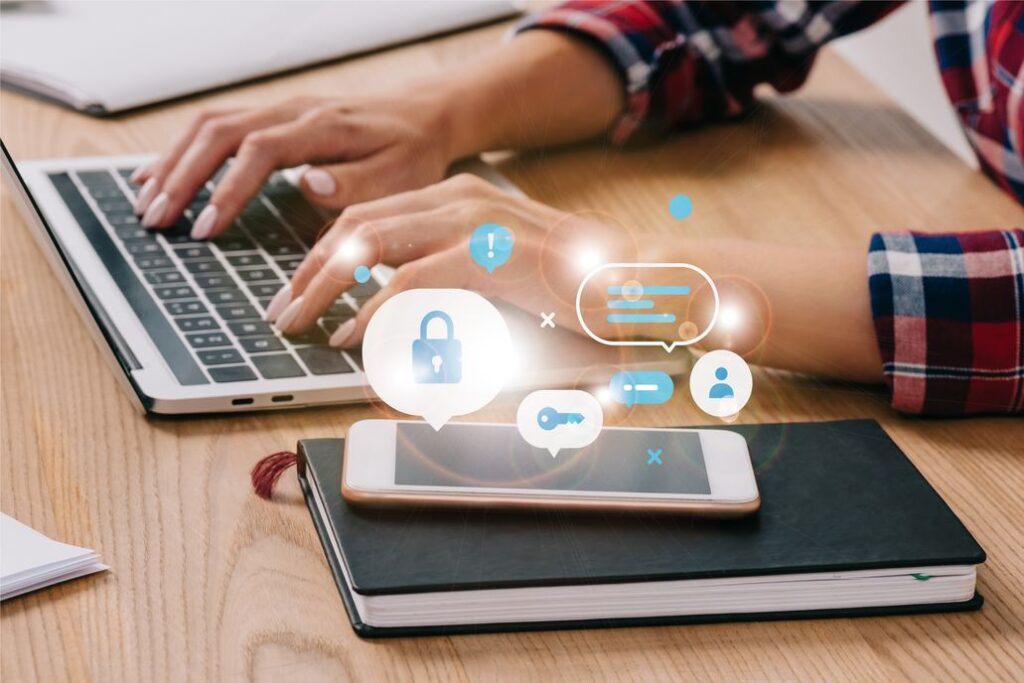
With people’s dependence on the internet, it’s no surprise that private, personal information is often compromised. Human errors can lead to costly consequences, which is why more people should learn about cybersecurity.
If you want to avoid falling into the trap of cybercriminals, familiarize yourself with the most common cybersecurity mistakes and how you can prevent them.
1. Failing to Update Apps and Operating Systems
The most frequent cause of cybersecurity attacks is outdated versions of operating systems and applications. Hackers exploit known vulnerabilities in these systems and applications to access your data.
Regularly check for updates to your operating systems and applications. Overlooked or ignored updates can put your data at risk.
2. Using One Password for All of Your Accounts
It may be tempting to assign one password for all your accounts, but falling into this habit is a big security mistake. Hackers use popular or common passwords to access accounts. If your password is one of them, you’re at risk of becoming a cybercrime victim.
Avoid using the same password for all your accounts. Create a unique password for every account that you have. You should also encrypt your hard drive with encryption software if you can.
3. Connecting to Free Public WIFI
It’s easy to connect to a public Wi-Fi spot for convenience and comfort. One problem, though: security risks are associated with using these connections. Not all free Wi-Fi spots are secure, so you can’t be sure your information is safe. Hackers may use a free connection to gain access to your personal information and put your data at risk.
4. Relying on Weak Passwords
A password should be random, with a combination of letters, numbers, and symbols. At the same time, you need to create a password that you can easily remember. It’s not uncommon to make a password as simple as your name.
Weak passwords may contain obvious words or phrases. Using something personal, such as your name, birthday, or favorite movie, may be too easy for cybercriminals to guess.
5. Ignoring the Need for Email Security
Email accounts are as vulnerable to cybercrime as your regular computer.
In fact, email accounts are more vulnerable to cybercrime. Whether you use email accounts for personal or business purposes, you must secure your account.
You can easily set up two-factor authentication and add a layer of security to your email. This is a two-step process that requires you to enter a code or a token sent to your mobile phone when you try to log in to your account.
6. Sharing Too Much Information
Sharing too much personal data online can put you and your family at risk. You must be selective about what you share online.
Social media and blogging platforms are veritable treasure troves for identity thieves. If you have a social media or internet blog, be careful with what you post and do not include personally identifiable information (PII) in your content.
Final Thoughts
Cybercrime only continues to increase as more people connect to the internet. With more people using the internet, cybercriminals have more opportunities to exploit, which is why it’s more important than ever for you to secure your data against hackers.
Take the proper steps to avoid falling into the traps of cybercrime; surf the internet safely with secure VPN services. Here at Most Secure VPN, we connect you with the best VPN for security, downloading, streaming, and other purposes. Explore our reviews today for more information.